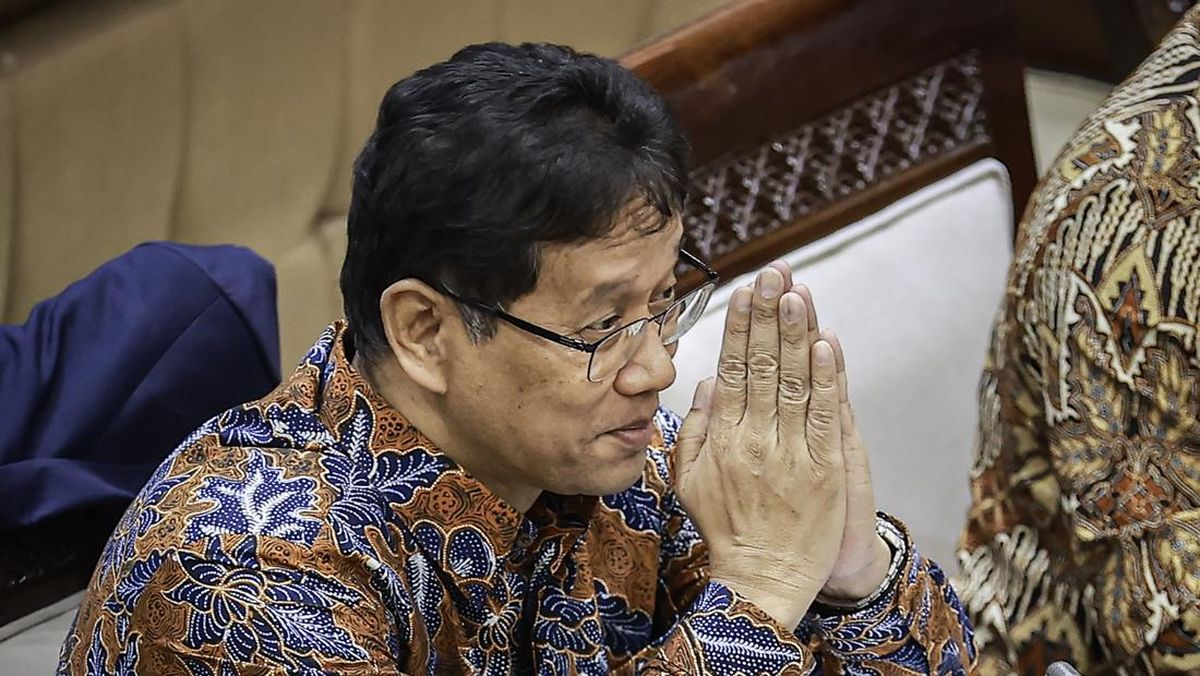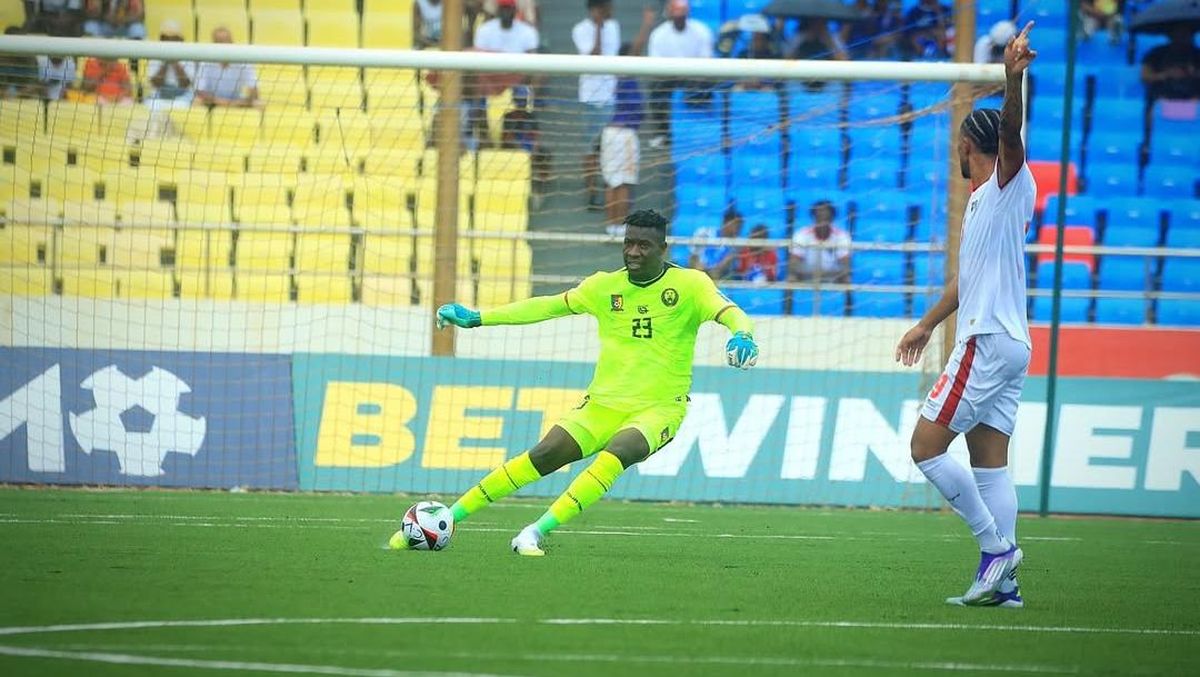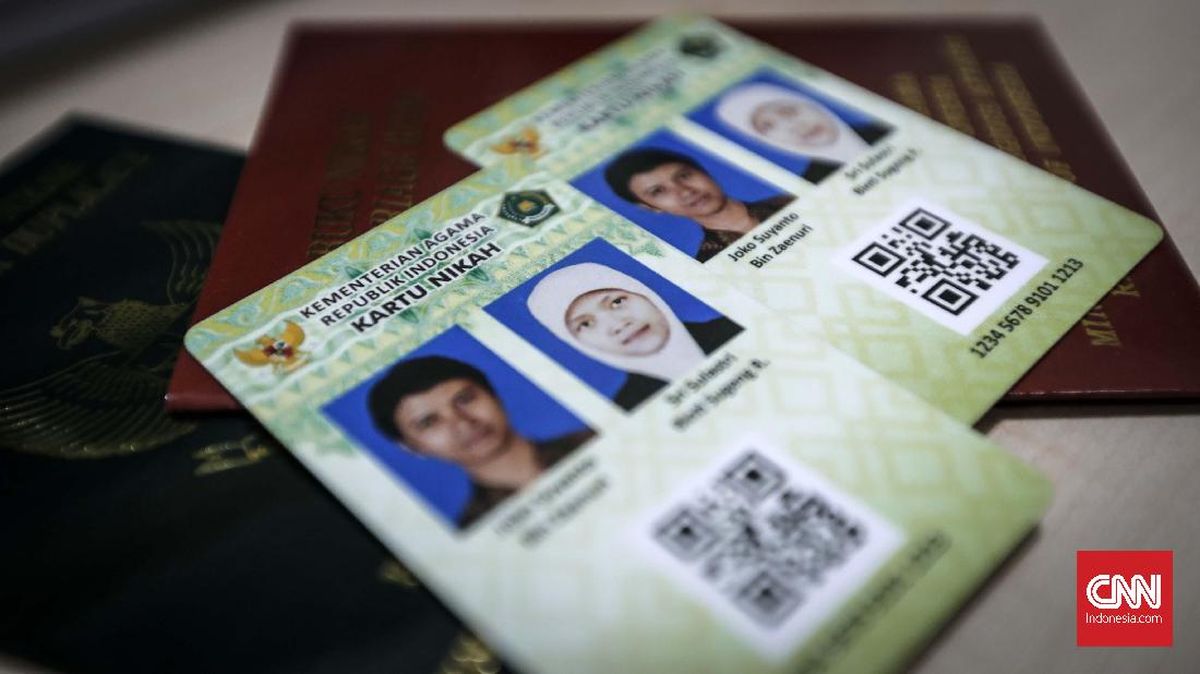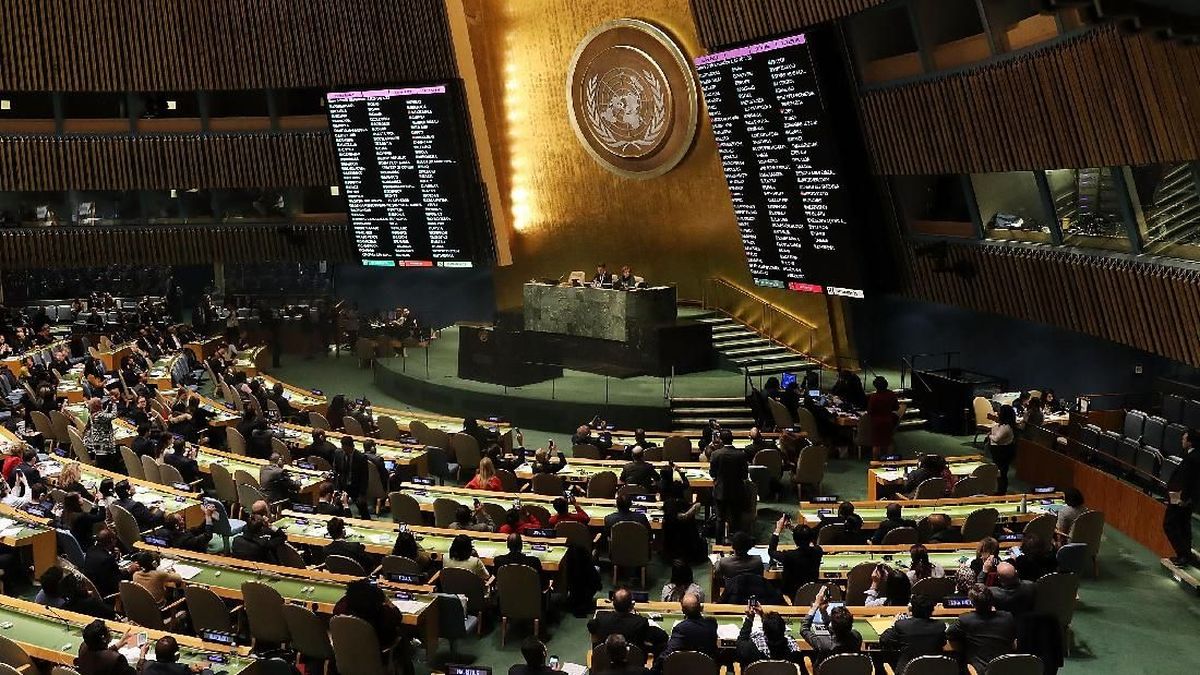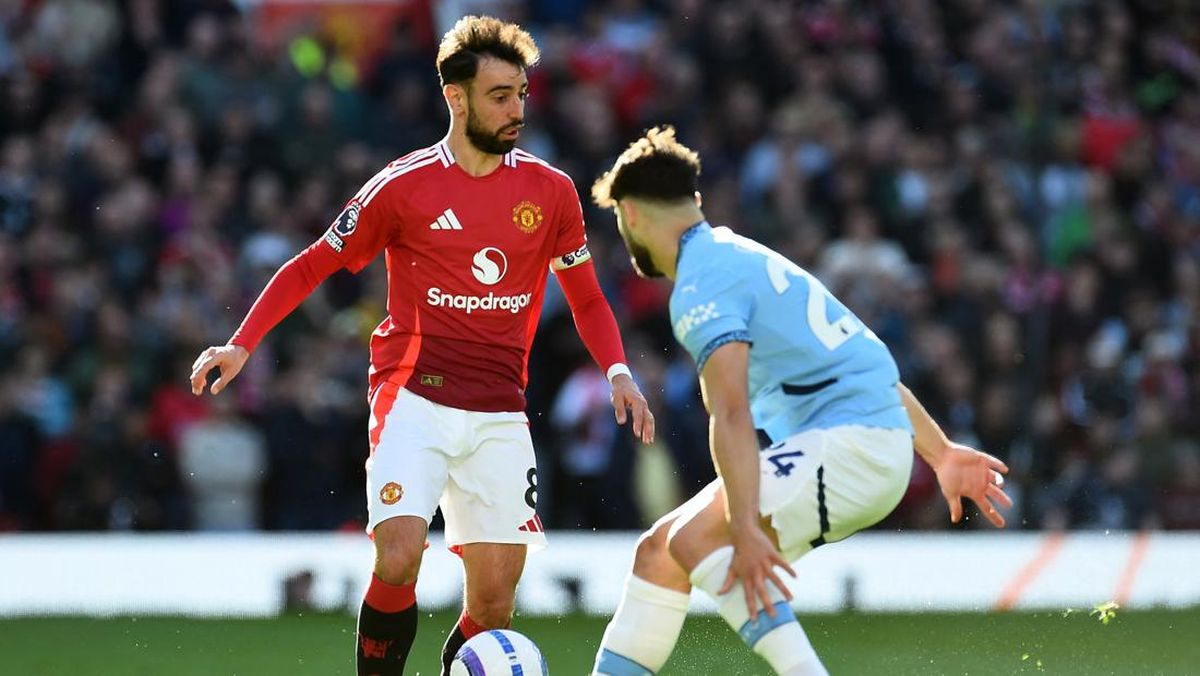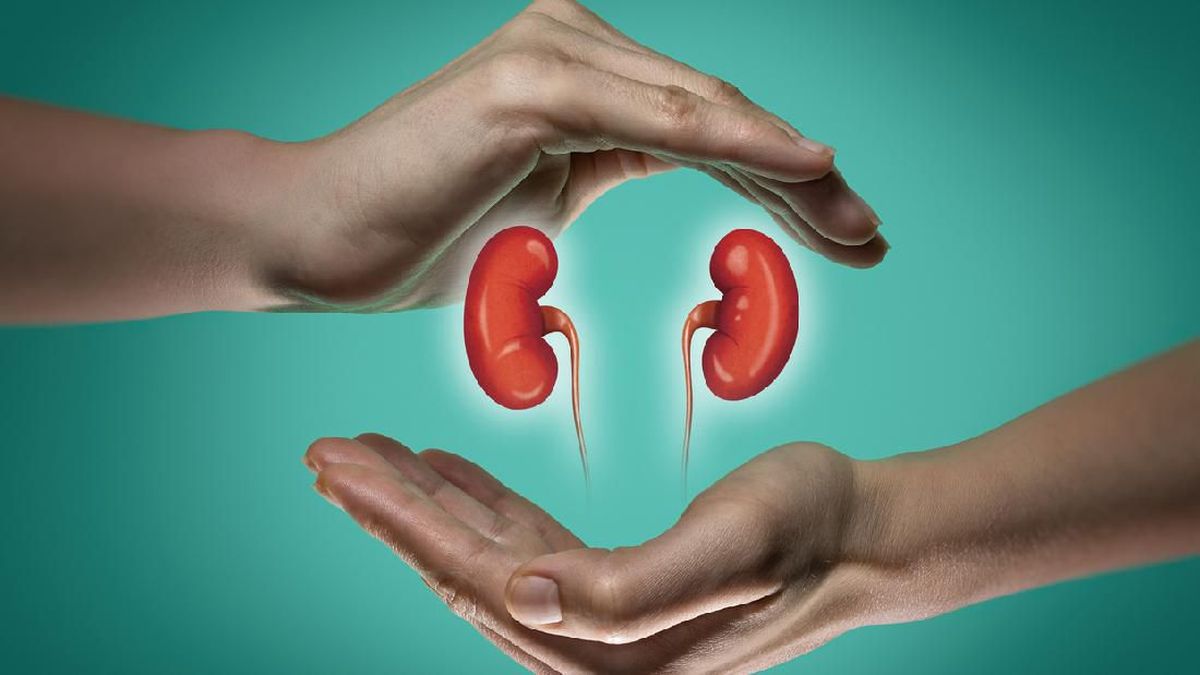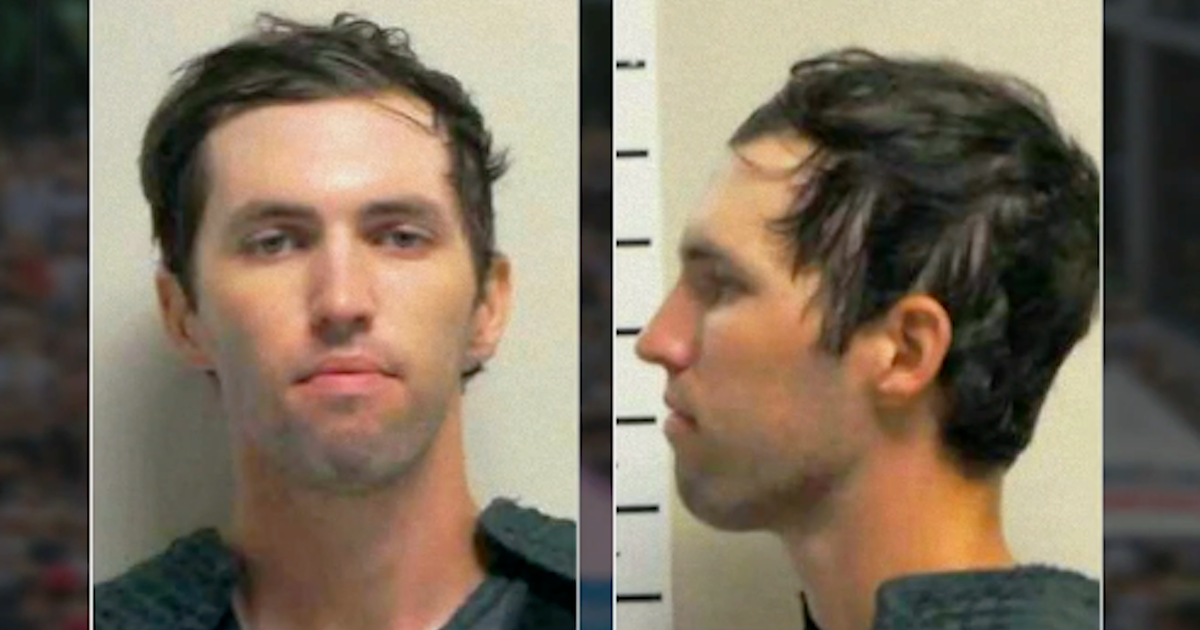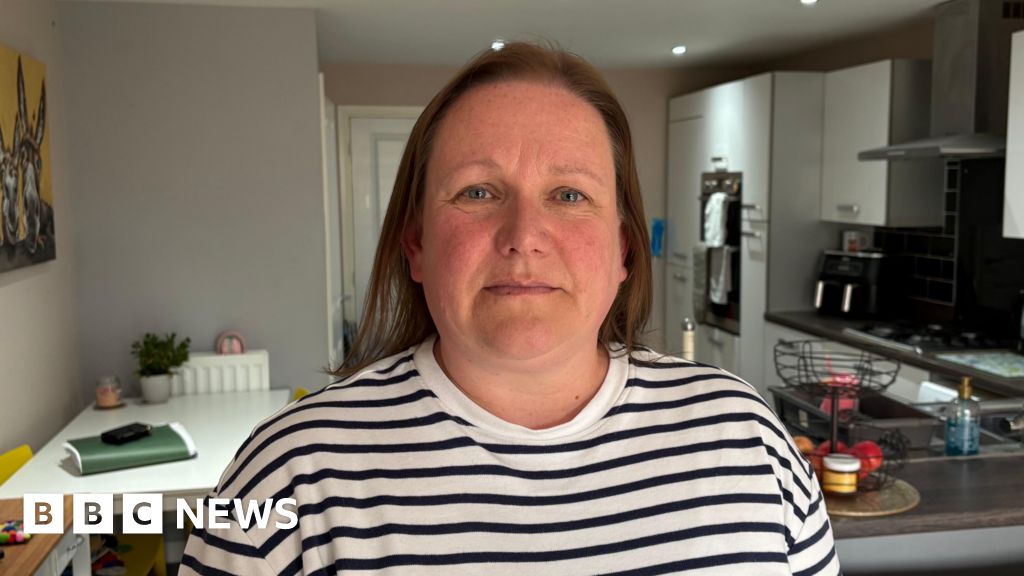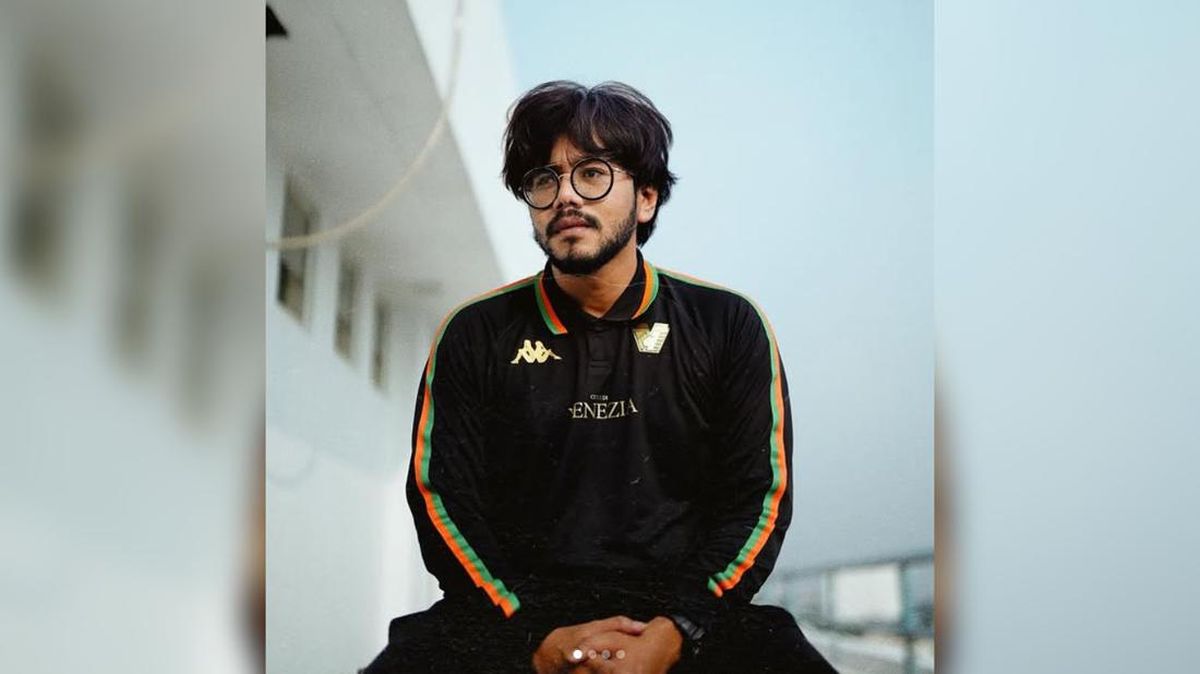After 25 years, Ian Thorpe has lost count of how many strangers swear they were inside the Sydney International Aquatic Centre on the night of September 16, 2000.
It was the night Thorpe, a 17-year-old with size-17 feet, touched the wall first in the 400-metre freestyle final to claim Australia’s first gold medal of the Sydney Olympics.
Just over an hour later, Thorpe dived back in to anchor the men’s 4x100m freestyle relay, chasing down American superstar Gary Hall jnr to deliver a historic victory — capped by the famous air-guitar celebration that instantly entered folklore.
When stopped on the street, Thorpe’s response is always the same.
“I was there, too!”

Australia’s Ian Thorpe shows off his gold medal following the men’s 400-metre freestyle swimming event at the Sydney 2000 Olympic Games.Credit: Sygma via Getty Images
The stories rarely stop there. Thorpe has heard them all.
There were the fans who refused to board their flight so they wouldn’t miss his race. An excited woman once told Thorpe she gave birth while cheering him on.
“I was like, ‘Why were you watching?’” he says, laughing.
We are sitting in a quiet corner of the same arena which once served as Thorpe’s coliseum a quarter of a century ago, where millions around the world watched his brilliance.
Next week marks 25 years since the Sydney 2000 Olympics.
After a quick photoshoot beside his favourite lane four block, Thorpe, now 42, affords himself a moment to take it all in.
Only a handful of swimmers are using the public pool, which allows Thorpe a rare hour away from the glare that comes with being one of the world’s most recognisable athletes. A world champion at 15, Thorpe lost all anonymity after his three gold and two silver medals in Sydney.

Ian Thorpe dives in at the Sydney Olympics.Credit: Dallas Kilponen
“This pool is very familiar to me,” Thorpe says. “It doesn’t feel like it was a generation ago, but it doesn’t feel like it was yesterday, either. It feels like just over a decade ago.
“It’s not like I ever get to sit here and ponder my thoughts.”
Now he is, and the memories rush back — though some are hazy after the whirlwind of those 16 glorious days in 2000.
What Thorpe never revealed publicly is that, for a fleeting moment, he considered walking away from swimming altogether after Sydney.
It is a stunning admission.
As Thorpe carried the Australian flag at the closing ceremony, with fireworks flashing above the Olympic stadium after performances from Kylie Minogue, Midnight Oil and INXS, Thorpe imagined a life away from the pool, free from the suffocating pressure.
“I actually thought, ‘OK, that’s enough for me. I’ve done everything I set out to do’,” Thorpe says. “My goal when I was young was to be an Olympian and my dream was to be an Olympic champion.

Michael Klim, Ian Thorpe and Grant Hackett enjoying the closing ceremony.Credit: 2000
“It’s like saying, ‘I want to be an astronaut’. To be an Olympic champion is like going into space. Not many get to do it. I had accomplished that and considered for a very brief moment [walking away]. The closing ceremony was over, and it was actually when the fighter jets were flying over the stadium.
“I then had a break, which I was having anyway, and in a great way, my world expanded. It was the inspiration that I got outside the pool that got me back in.”
The pressure to perform in Sydney was immense, especially in the 400m freestyle, where Thorpe was the overwhelming favourite.
“It was tough,” Thorpe says. “It was assumed I would just win … but I’m 17 and there’s a human behind all of this. Yeah, I can do extraordinary things, but I’m as awkward and uncomfortable as any 17-year-old in the world. I broke my leg less than a year out from the Olympics. People don’t remember that. I was also accused of doping by the German head coach. It wasn’t smooth sailing. I had doubts in myself until I heard the crowd roar, which gave me a brief second out of my head. That was what I needed to flick into race mode.
“I didn’t know this until really recently, but they put the 400m freestyle and the men’s 4x100m freestyle relay on the same night so the Sydney Olympics would go off with a bang. I’m glad they didn’t tell me that.”

Australian teammates (from left) Ashley Callus, Chris Fydler, Michael Klim and Ian Thorpe celebrate after winning gold and setting a new world record in the men’s 4X100m freestyle relay event at the Sydney Olympics in 2000.Credit: Rod Taylor
After breaking the 400m freestyle world record, despite being told by a senior coach to conserve energy – “that’s a really bad thing to say to an athlete” – Thorpe had just an hour to prepare for a relay. The USA had never been beaten in the event.
A swimsuit malfunction almost cost Thorpe his place on the blocks, but his nerves eased when Australia’s lead-off man, Michael Klim, blitzed the first two laps.
“You broke the world record,” Thorpe told Klim.
“But what was my time?” Klim asked.
“I can’t remember. Faster than anyone in history.”
Thorpe adds: “I must have looked at Michael like, ‘Do not ask me again’. He was banging my block. I looked up at him and said ‘f--k off, that is not going to help me’. It was distracting, but I was ready to race.”
After diving in almost level, Hall quickly surged ahead, silencing the Sydney crowd. But in the final 15 metres, ‘Thorpedo’ had other ideas.
“We believed we could win, we just didn’t know how,” Thorpe says.
“The crowd came to a collective sigh … but I had a good turn. With about 25 metres to go, that sigh turned into a murmur.
“From 15 to 10 metres is when people watching realise it’s possible. For the last 10 metres, I was in agony, but the euphoria that was in this arena and knowing my teammates were there waiting for me … got me to the wall.”
The touch brought pandemonium. Thorpe’s teammates played air guitars, mocking Hall’s boast that the USA would “smash Australia like guitars”.
That night, walking into the dining hall, Thorpe was greeted with a standing ovation. Contrary to reports, he didn’t eat McDonald’s.

Ashley Callus, Chris Fydler, Michael Klim and Ian Thorpe.Credit: Getty
“That really pissed me off,” he says.
As for his 200m freestyle silver medal, behind Pieter van den Hoogenband?
“I was happy that one of my mates [Van den Hoogenband] got to experience what I did on the first night,” Thorpe says. “Yeah, I wanted to win. The next four years were hell for ‘Hoogie’ because of it. It made me a better swimmer. I hadn’t lost before and didn’t want to lose ever again.”
Our chat is interrupted by schoolchildren, who spot Thorpe poolside and rush over with caps and T-shirts for him to sign.
The fame must be hard to deal with at times?
Thorpe, who’s had his fair share of stalkers over the years, shrugs. He’s used to it.
The other day, he says a woman and her kids bowed at him, like some kind of God, while he was dining with friends.
“I’d like more privacy but there are things I do that are extremely public,” Thorpe says.

Ian Thorpe chats to the media. Credit: Craig Golding
“If I’m in a public place, I’m not exactly public property, but you deal with being objectified.
“I actually much prefer selfies. I think it’s more personal than an autograph.”
Being Ian Thorpe certainly had its perks 25 years ago.
“I had star treatment,” he says. “The prime minister [John Howard] presented my gold medal.
“It also meant I had to get teammates into things. People would use my gold medals to get into [venues]. I apparently was at multiple places in one night.

Ian Thorpe after winning gold in the 400m freestyle at the Sydney 2000 Olympics.Credit: Getty
“I remember one of the athletes actually booked the Australian Museum for a party. It was amazing. I enjoyed myself.”
There are countless stories. He remembers an American tennis player shouting at him during the Games: “Oh my god, it’s Ian Thorpe.” Only years later, did Serena Williams reveal to Thorpe it was her.
Then there was Cathy Freeman’s 400m gold. Thorpe watched from the stands, seated beside Chelsea Clinton, daughter of then US president Bill.
Weeks later, Thorpe found himself at the White House, discussing the Panama Canal with the president.
It was a golden time in his life .
“Had Sydney done everything to prepare for the Olympic Games and athletes didn’t perform, it wouldn’t be deemed the success it was,” Thorpe says. “It wouldn’t have been called the best Olympics ever. That first night saw the Olympic Games go off with a bang.
“It’s the most memorable night of my entire swimming career.”



